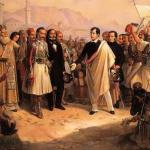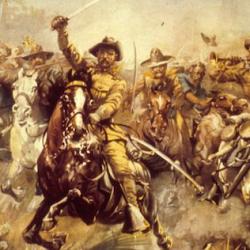Alfred McCoy has had a lively life. While still in grad school, he testified before Congress about his discoveries of CIA alliances with drug lords in Southeast Asia. He’s been subjected to surveillance and had his phone tapped. And along the way he has made America’s global power a matter of a lifetime’s study.
In his In the Shadows of the American Century, he states the truism: “the word empire is a fraught one in the American political lexicon.”
This fraughtness makes it difficult for Americans to accept reality: “empire is not an epithet but a form of global governance in which a dominant power exercises control over the destiny of others, either through direct territorial rule (colonies) or indirect influence (military, economic, and cultural). Empire, bloc, commonwealth, or world order—they all reflect an expression of power that has persisted for much of the past four thousand years and is likely to continue into the foreseeable future. Many empires have been brutal, some more beneficent, and most a mix of both. But empires are an undeniable, unchanging fact of human history.”
He closes with a quip from Niall Fergusson: “To those who would still insist on American ‘exceptionalism,’ the historian of empires can only retort: as exceptional as all the other sixty-nine empires.”















